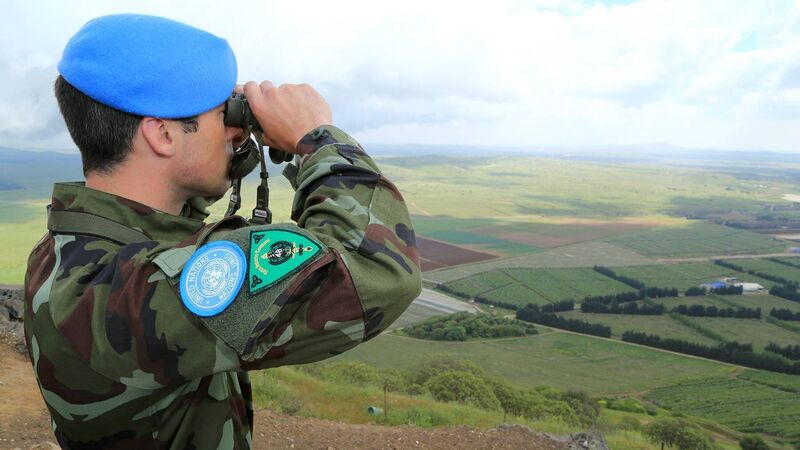Spare a thought for Ireland's peacekeepers away from home at Christmas

Sean O'Riordan feature on Defence Forces personnel overseas at Christmas/New Year. UNDOF
Those able to raise a glass or two during the festive season might spare a thought for the hundreds of Defence Forces personnel who have missed celebrations at home with their families as they're abroad on peacekeeping missions around the globe.
Ireland has a proud record of being the only country in the world to have a continuous presence on global peacekeeping missions since 1958, mainly with the United Nations.









